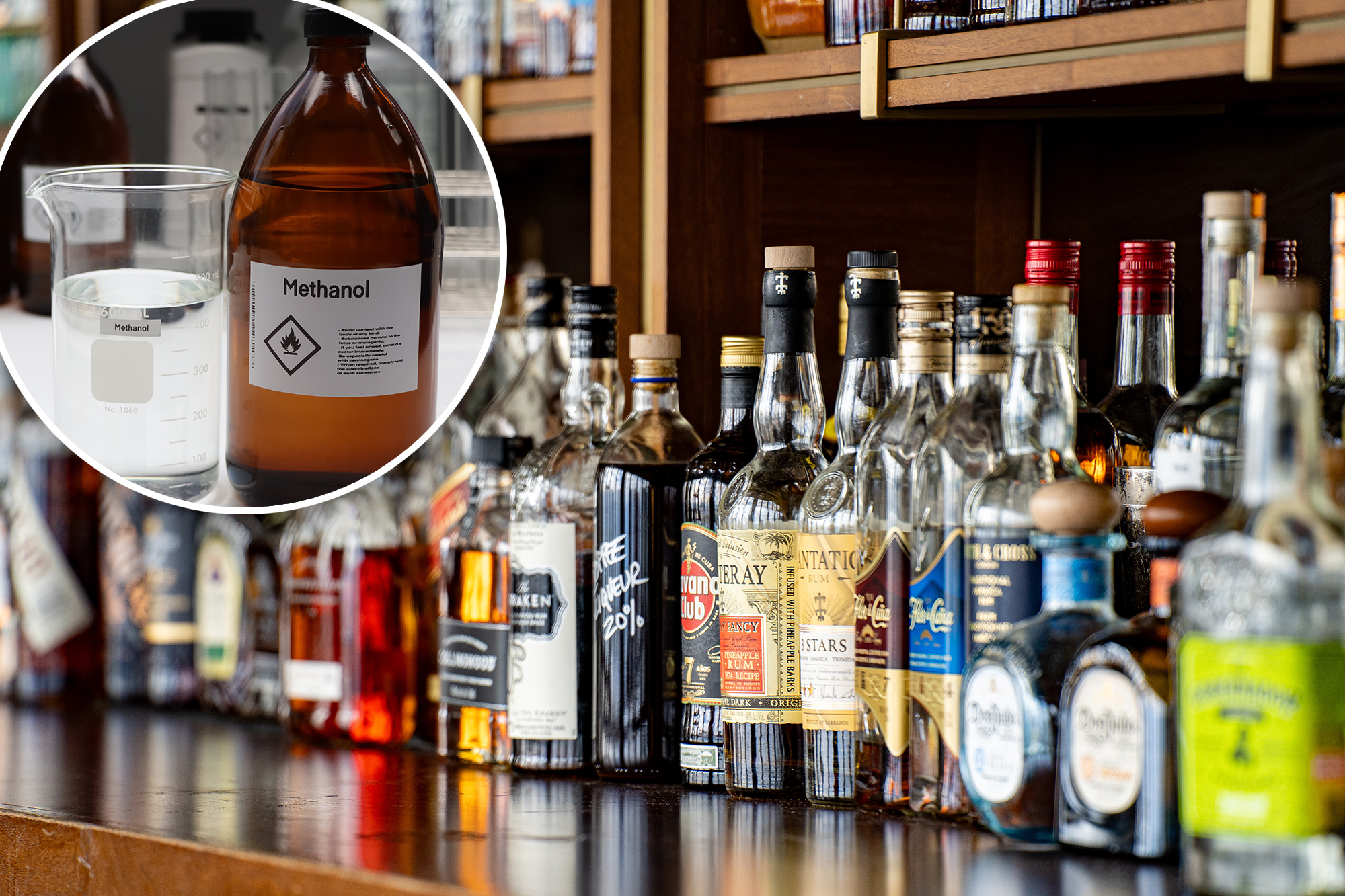The British government has broadened its travel warnings to include eight additional countries due to a surge in methanol poisoning from contaminated alcohol. The Foreign, Commonwealth and Development Office (FCDO) issued this advisory, highlighting risks for tourists in Ecuador, Japan, Kenya, Mexico, Nigeria, Peru, Russia, and Uganda. The warning follows a troubling increase in cases of serious illness and fatalities linked to alcoholic beverages tainted with methanol in popular destinations.
According to the FCDO’s advisory issued on October 21, the expanded list builds upon existing alerts for countries such as Thailand, Laos, and Vietnam. This update comes after reports of a U.S. tourist’s death in Laos over the summer, suspected to be caused by alcohol poisoning. Methanol, a harmful industrial chemical commonly found in antifreeze and windshield washer fluid, can be deadly when ingested. It is sometimes illicitly added to alcoholic drinks to reduce production costs.
Hamish Falconer, the British minister responsible for consular and crisis matters, emphasized the urgency of the situation, stating, “By the time travelers realize the danger, it can be too late.” He urged travelers to familiarize themselves with warning signs and seek immediate medical assistance if they suspect methanol poisoning. Falconer encouraged all individuals planning to travel to consult the FCDO’s travel advice and “Travel Aware” pages prior to their trips.
The symptoms of methanol poisoning can be severe and include blurry vision, vomiting, confusion, nausea, headaches, and intoxication. Dr. Sampson Davis, an emergency room physician, explained that methanol binds to the same receptors as alcohol, causing similar euphoric sensations, yet it is toxic and can lead to death even in small quantities without prompt treatment. Victims of methanol poisoning require immediate hospitalization and treatment with fomepizole, an antidote designed to counteract toxic alcohol exposure.
The risk of methanol poisoning is particularly prevalent when tourists consume alcohol from unverified sources. Spencer Coursen, a threat management expert and author of “The Safety Trap,” advised travelers to exercise caution. “Trust your instincts and know the source,” Coursen said. He cautioned that most cases of methanol poisoning occur when individuals purchase or accept drinks from questionable sellers or establishments offering counterfeit spirits.
To minimize risks, Coursen recommends sticking to sealed bottles and reputable venues. He noted that cheap cocktails and unmarked bottles should raise red flags. “If a drink tastes harsh or chemical, don’t finish it,” he advised. Furthermore, if travelers experience dizziness, nausea, or blurred vision after consuming alcohol, they should seek medical attention immediately and mention potential methanol exposure.
As incidents of methanol poisoning continue to rise, the FCDO’s expanded travel warnings serve as a crucial reminder for tourists to remain vigilant and prioritize their safety while abroad.







